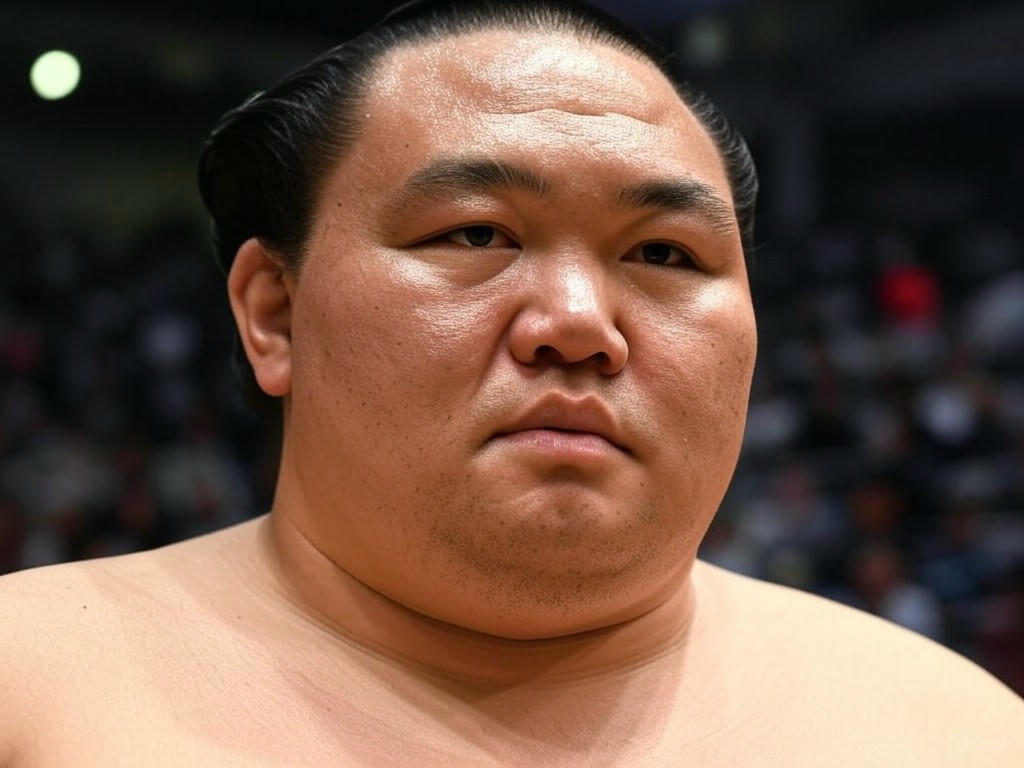Hakuho’s Bold Exit: A New Era for Global Sumo?
In a move that has sent shockwaves through the sumo world, the legendary Hakuho, a retired yokozuna and one of the most decorated wrestlers in the sport’s history, has announced his departure from the Japan Sumo Association (JSA). The Mongolia-born champion, known for his unparalleled dominance in the ring with a record-breaking number of tournament wins, cited irreconcilable differences with the JSA as the driving force behind his exit. This dramatic split marks the end of an era for Japanese sumo and potentially the beginning of a revolutionary chapter for the ancient sport on the global stage.
Hakuho’s tenure as a yokozuna was nothing short of extraordinary. Born in Ulaanbaatar, Mongolia, he arrived in Japan as a teenager and quickly rose through the ranks, blending raw power with impeccable technique. Over his career, he claimed an astonishing number of championships, earning a place in sumo lore as one of the greatest wrestlers of all time. Beyond his athletic prowess, Hakuho became a cultural bridge, bringing international attention to sumo while embodying the traditions and discipline of the sport. However, tensions with the JSA reportedly grew in recent years, fueled by disagreements over the direction of sumo and Hakuho’s role within the organization after retirement. While specifics remain undisclosed, whispers of creative and administrative clashes have circulated among fans and insiders alike.
What sets this departure apart from a mere resignation is Hakuho’s ambitious vision for the future. Rather than stepping away quietly, the former grand champion has declared his intention to establish a new governing body for sumo outside Japan. This proposed organization aims to expand the sport’s reach, introducing it to new audiences worldwide while preserving its core values. Hakuho envisions a global platform where wrestlers from diverse backgrounds can compete and train, breaking free from the geographical and cultural constraints that have long defined sumo. His goal is not just to popularize the sport but to create opportunities for aspiring athletes in regions where sumo remains largely unknown. This bold initiative could redefine the sport’s identity, making it a truly international phenomenon.
The implications of Hakuho’s decision are profound. For the JSA, losing a figure of his stature is a significant blow, raising questions about the organization’s adaptability in a rapidly changing world. Meanwhile, fans are divided—some view Hakuho as a visionary pushing for necessary change, while others worry that fragmenting sumo’s governance could dilute its traditions. As Hakuho embarks on this uncharted path, the sumo community watches with bated breath. Will his global body succeed in elevating the sport to new heights, or will it struggle to gain traction against the deep-rooted legacy of the JSA? Only time will tell, but one thing is certain: Hakuho’s legacy, both in and out of the ring, continues to shape the future of sumo.


